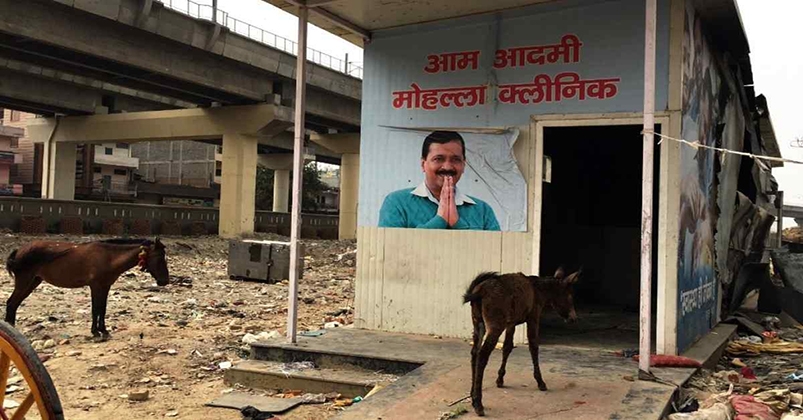This election season: Provision of Local Services must be jointly Supported between various levels of a federal govt. structure.
| 15-May-2019 |

India’s Federal Structure of governance is essential for the smooth functioning of the government and for effective and efficient delivery of public and municipal services. The federal structure gets operationalized at various levels. Say, it could be working at the level of Centre – State Relations for joint action. It also works at the level of State – Municipal Relations for city / towns or State – Panchayat Relations for their rural counterparts.
As our country’s financial heft grew and tax structures evolved, the central and state governments, due to the incumbent tax structures, gained a vast segment of public funds. But the Public, for whom it was all meant for, remained far below and mostly untouched. Our founding fathers realized this anomaly and have since the independence of our country, and through the evolution of the constitution and its various amendments, attempted to devolve power and funds to local bodies so that the service agency closest to the beneficiary is given the power and financial brawn to act and act effectively. This occurred through important amendments like the 74th amendment to the constitution and has been handled historically through the intermittent Finance Commission recommendations.
But currently, in many cases for a city, it has been seen that LargeScalePublicProjects, ProgramsandServiceProgramsarenotbeing equitablyfundedbytheStateGovt. Thesecould includearangeofprojectsincludingessentialmunicipalservices, usageoflargescalestatelevelhealthinfrastructure, managementofmunicipalwaste, EnergyprojectslikeSolarplantsandsoon.Public Interest is being compromised due to narrow political exigencies.
This is quite glaringly so in Delhi, where for instance, state level health infrastructure, like hospitals are not being funded for equipment, staff and services, despite the building structure having been built at great cost. The Kalkaji Hospital, Tilak nagar hospital, Mansaram hospital and several other incomplete projects are cases in point. Instead, the State govt. is busy in collecting brownie points by installing temporary Mohalla clinics in homes of private individuals, next to these very stalled hospital projects.
When salaries are not been paid to safaikaramcharis, they go on strikes, the state govt has been forced to payup on orders of court.However, issues like construction of public & community toilets, segregation of waste, landfill sites, vector borne disease programs, Dengue breeding checkers, upgradation of garbage collection Compactors, which are issues of public pain are deliberately left incomplete to rake up at the opportune moment for political mileage.
The municipal corporation cannot augment its revenue by increasing its tax collection from the public beyond a certain point, and is largely dependent for funds on State Govt for various implementing health, education, transport and sanitation schemes and projects.
The percentage share of grants of the State govt in the municipal bodies has reduced from 40.93% to 27.13% in past three years. This has now been further reduced to negative with the recent approval of the 5th Delhi Finance Commission recommendations in a skewed and opportunistic way –and strikingly now, State Govt. is demanding a refund from the cash-strapped Municipal Corporations. This will take us nowhere, and despite politics et al, it is important that all parties honour their responsibility, since it is the public which loses at the end. New structures and guarantees need to be evolved and put in practice, so that either party is penalized for not honouring their part of the commitment. Infrastructure and basic services projects take up large funds and money. They will only come out good it long term financial commitment is made independent of political leanings.
